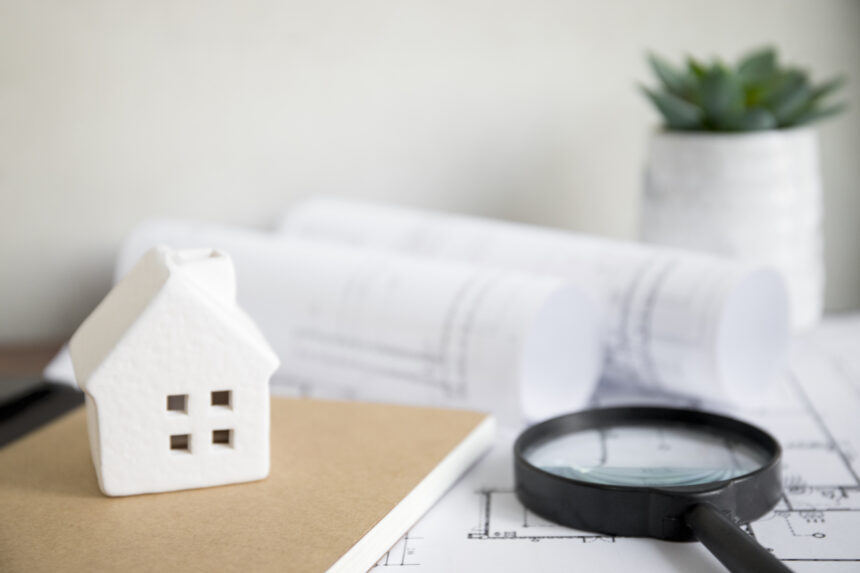Property investment can be a lucrative venture, providing both financial stability and long-term growth potential. However, success in the real estate market requires thorough research and careful assessment of properties before making any investment decisions. This process, known as due diligence, is crucial to minimize risks and ensure that investors make informed choices. In this article, we will explore the importance of due diligence in property investment and discuss the key aspects to consider when researching and assessing properties.
What is Due Diligence?
Due diligence is the comprehensive investigation and analysis of a property to evaluate its potential value, risks, and suitability for investment. It involves gathering relevant information, conducting inspections, and verifying the property’s legal, financial, and physical aspects. Due diligence provides investors with a clear understanding of the property’s current condition, potential for growth, and any potential pitfalls before committing their capital.
Researching Properties
Before diving into the due diligence process, thorough research is essential to identify potential investment opportunities. Here are some key steps to consider when researching properties:
- Define Your Investment Goals: Clarify your investment objectives, such as rental income, long-term appreciation, or a mix of both. This will help narrow down the types of properties and locations that align with your goals.
- Market Analysis: Study the local real estate market trends, including supply and demand, vacancy rates, rental yields, and potential future developments. This analysis will provide insights into the viability and growth potential of the market.
- Location Assessment: Evaluate the desirability of the property’s location. Consider factors like proximity to amenities, transportation links, schools, employment centers, and potential for future development. A prime location can significantly impact the property’s value and rental demand.
- Property Type and Demand: Identify the type of property that suits your investment strategy, whether it’s residential, commercial, or industrial. Research the demand for such properties in the area and consider factors like demographics, target tenants, and market saturation.
Assessing Properties
Once you have shortlisted potential properties, the due diligence process involves a thorough assessment of their various aspects. Here are some key areas to focus on during property assessment:
- Physical Inspection: Conduct a comprehensive physical inspection of the property, preferably with a professional inspector or builder. Assess the condition of the structure, foundation, roof, plumbing, electrical systems, and any potential maintenance or repair requirements. This inspection will help estimate potential renovation costs and identify any hidden issues.
- Legal and Title Examination: Verify the property’s legal status by reviewing the title deeds, land registry records, and any encumbrances or restrictions. Engage a qualified attorney or conveyancer to ensure there are no legal issues that could affect your ownership rights or limit the property’s use.
- Financial Analysis: Scrutinize the property’s financial aspects, including rental income potential, operating expenses, property taxes, and potential financing options. Analyze the historical and projected cash flows to assess the property’s profitability and potential return on investment.
- Environmental and Zoning Considerations: Investigate any environmental factors that may impact the property, such as flood zones, contamination, or protected habitats. Additionally, understand the property’s zoning regulations and ensure it aligns with your intended use.
- Market Value Assessment: Determine the fair market value of the property through a comparative market analysis. Evaluate recent sales of similar properties in the area, consider the property’s unique features, and consult with real estate agents or appraisers to obtain an accurate estimate.
- Risk Evaluation: Identify and evaluate potential risks associated with the property, such as local market volatility, potential changes in zoning regulations, or upcoming infrastructure projects that may impact the property’s value or rental demand. Assess these risks and determine if you are comfortable with the level of uncertainty.
Conclusion
Property investment can provide substantial returns, but it requires a diligent approach to minimize risks and maximize profitability. Thorough research and careful assessment of properties through due diligence are critical steps to make informed investment decisions. By conducting a comprehensive investigation, evaluating the property’s physical, legal, financial, and market aspects, investors can mitigate risks and increase their chances of success in the real estate market. Remember, due diligence is an ongoing process that should be carried out before finalizing any property investment transaction, allowing you to make sound decisions and build a strong and profitable property portfolio.










